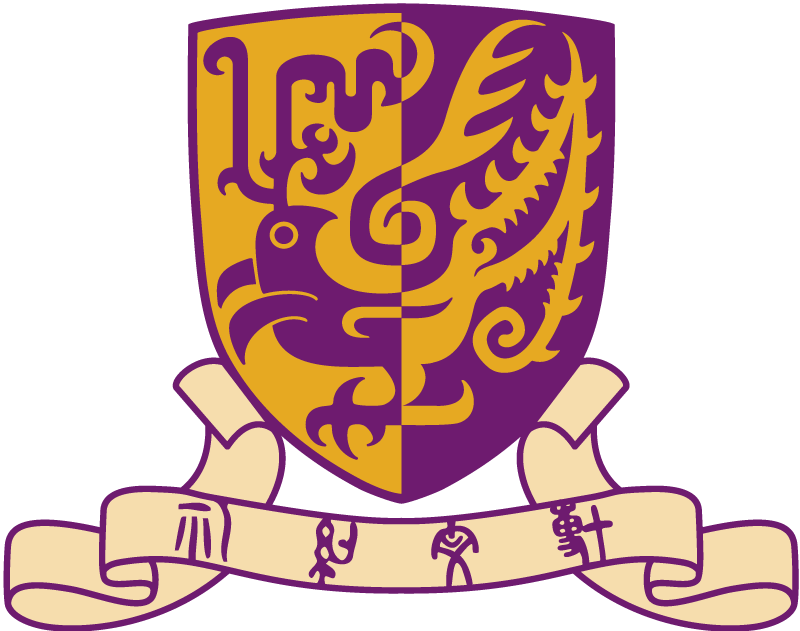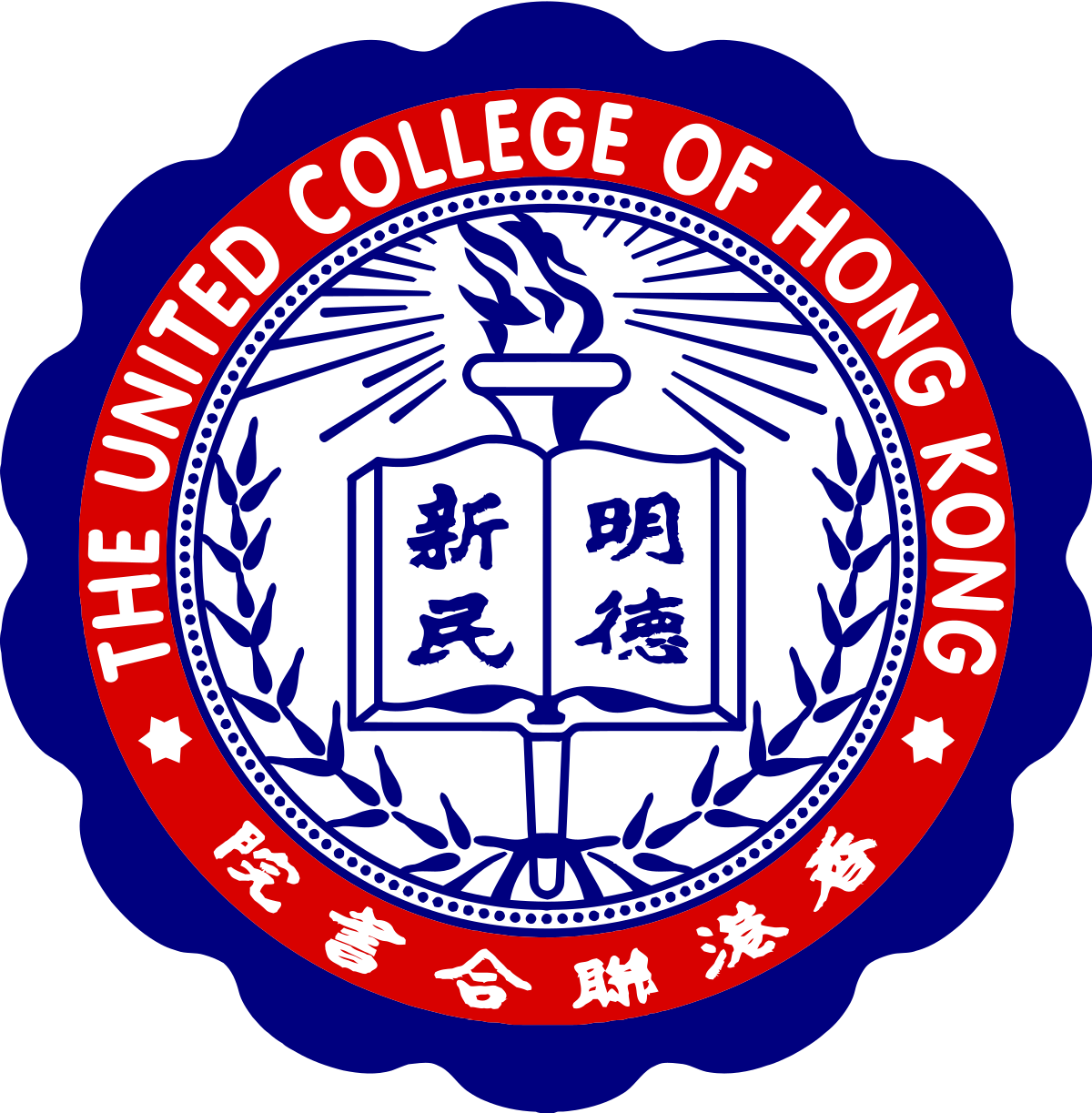Courses
GEUC1000 College Assembly
1st and 2nd Term
This activity aims to enhance the general knowledge of students in fields outside of their major studies. Topics presented at the Assemblies include culture, science, art and social issues. Six to eight large-scale assemblies attended by more than 1300 students, held in Sir Run Run Shaw Hall and a number of smaller assemblies, held on the College and other University campus, are organised each year for students’ selection. Each assembly consist of topical discussion, College session, Student Union session, and award presentation to outstanding staff and students.
GEUC1011 University Life and Learning
2 units, 1st Term
This course is designed to provide basic preparation for studying in the university. Topics include the aims of a university, the purposes of university education, campus life and the art of thinking – an introduction to the basic concepts, principles and methods of logical thinking, the rules of rational discourse and of scientific enquiry.
GEUC2017 Bacchus: Exploring Grape Wine
1 unit, 2nd Term
Wine weaves in with human history from its very beginnings and developed into one of the foremost products of civilization. Great wines have their roots in the customs, traditions and history of their home ground. Celebration of vine and wine is often associated with the legend and worship of Bacchus, the wine God. Similarly, the origins of fermenting and drinking wine in China go far back in time. Tu Kang 杜康 is a household name. It is no doubt that wine occupies and important place in the culture and life of the Chinese people. Today, wine is considered as a beverage of enormous agricultural and economic importance. Starting in the 1990s, there is a great surge of interest in wine across the globe. Wine has never been so much in the public eye as it is today. In western countries wine now enjoys the same sort of respectability and passion as, say, opera and fine art and wine tourism is becoming a delightfully common reality. Wine has been a significant element in social gathering and business meetings. Not infrequently, community leaders and business executives are invited to select, order and serve wine. It is only appropriate for a university graduate to have fundamental knowledge and adequate exposure in the understanding of the art and science of wine production and wine appreciation. The purpose of this course is to lead students on a cultural journey around the world and introduces them a historical perspective on wine and its place in society. In particular, it provides students with knowledge and appreciation of wine and the relationship of wine, food and culture. The course is designed to increase students’ understanding and begin to build a strong base for lifelong wine appreciation with a deep cultural, historical, and social perspective.
GEUC2018 Leadership in Practice
1 unit, 1st or 2nd Term
It has been well established that experiential training is an excellent means of developing leadership, confidence, team spirit and other qualities of character. For many years the development of such qualities has been recognized as being of high importance by the senior management of the academic, non-government and commercial organizations. Leadership is best learned by doing. This course will explore and examine leadership theory and practice through experiential learning in the outdoor and a different setting rather than studying mainly in a classroom. It provides students with a structured, supervised programme of participation in the practice of leadership and teambuilding. The goal of this course is to help students acquire practical skills and judgment to develop their leadership qualities. On completion of this course, students will be able to identify and achieve their goals at a comparatively earlier stage in life.
GEUC2019 Design Thinking
1 unit, 1st and 2nd Term
The course aims to develop “T-shaped” characters who can develop the depth of expertise in a single field (one’s major as represented by the vertical bar of the T) while acquiring the ability to communicate and collaborate with others from different disciplines (the horizontal bar of the T) to address challenges. The ability to connect horizontally is “design thinking”. Individuals equipped with the ability to think as a designer will be able to innovate, tackle complex problems and manage changes in real life situations.
GEUC2101 Social Service: Participation and Reflection
1 unit, 1st and 2nd Term
The objective of this course is to foster students to become positive and responsible citizens through participating in community social service. Based on the principles of service-learning and theories of experiential learning, the course assists students to consolidate their prior and on-going community service experiences. Through self reflection, small group discussion, community agency visits and project presentation, students will be able to understand the needs of vulnerable groups, aware of human issues related to social justice and develop positive attitude to community social service. The purpose of this course is to facilitate students’ self development and develop a long-term interest in serving the community and populations in need.
Course outline of GEUC2101A in the 2nd term of 2020-21
Course outline of GEUC2101B in the 2nd term of 2020-21
Course outline of GEUC2101C in the 2nd term of 2020-21
GEUC2102 Public Affairs: Participation and Reflection
1 unit, 2nd Term
This course aims to foster students’ sense of citizenship and leadership by enhancing their ability to understand and analyse political and social problems. It is not confined to the technical training of political and policy analysts, but broadened to the liberal education of citizens who have the knowledge, attitudes and competence to participate in public affairs. The purpose of the course is to raise the awareness of students towards social issues, nurture their ability to identify and analyse the pivotal aspects of the issues, and most importantly, encourage the students to form their own opinions and to suggest solutions. In line with this purpose, the course is issue-oriented, with controversial issues cutting across the discussions and reflections. Apart from classroom teaching and discussion, there will also be field trips to government agencies as well as non-government organizations, in which students will have opportunities to directly exchange ideas and opinions with government officials, community leaders and ordinary people.
Course outline of GEUC2102 in the 2nd term of 2020-21
GEUC4011 Senior Seminar
3 units, 1st Term
This is a small-group student-orientated teaching course for the final year students of United College, with teaching staff serving as supervisors, the emphasis will be on student participation. It aims at: 1) arousing the interest of the students in the exploration of current issues and general academic problems; 2) sharpening their research, problem-solving and thesis-writing skills; and 3) enhancing their overall ability in conducting group research projects and seminars requiring collective efforts.
GEUC4012 Social Enterprise & Innovation: Internship
3 Units, 2nd Term
This is an advanced experiential-learning course that will give students an opportunity to work directly for social enterprises under the guidance of their supervisors and professional mentors. Students would have opportunities to experience how the social enterprises help the underprivileged groups and gain hands-on business experience, which will strengthen their soft skills, help them implement the innovative business and promotional ideas in a practical way, and will greatly improve their understanding on the societal needs of the community.
This course is designed to immerse students in the world of social enterprise. This course enables students to further develop career and apply leadership-ready skills in the operation of a social enterprise or social business. Students are encouraged to provide ideas to promote the designated social enterprise among the youth community, and they will also have an opportunity to undertake an internship in a real social enterprise setting.



